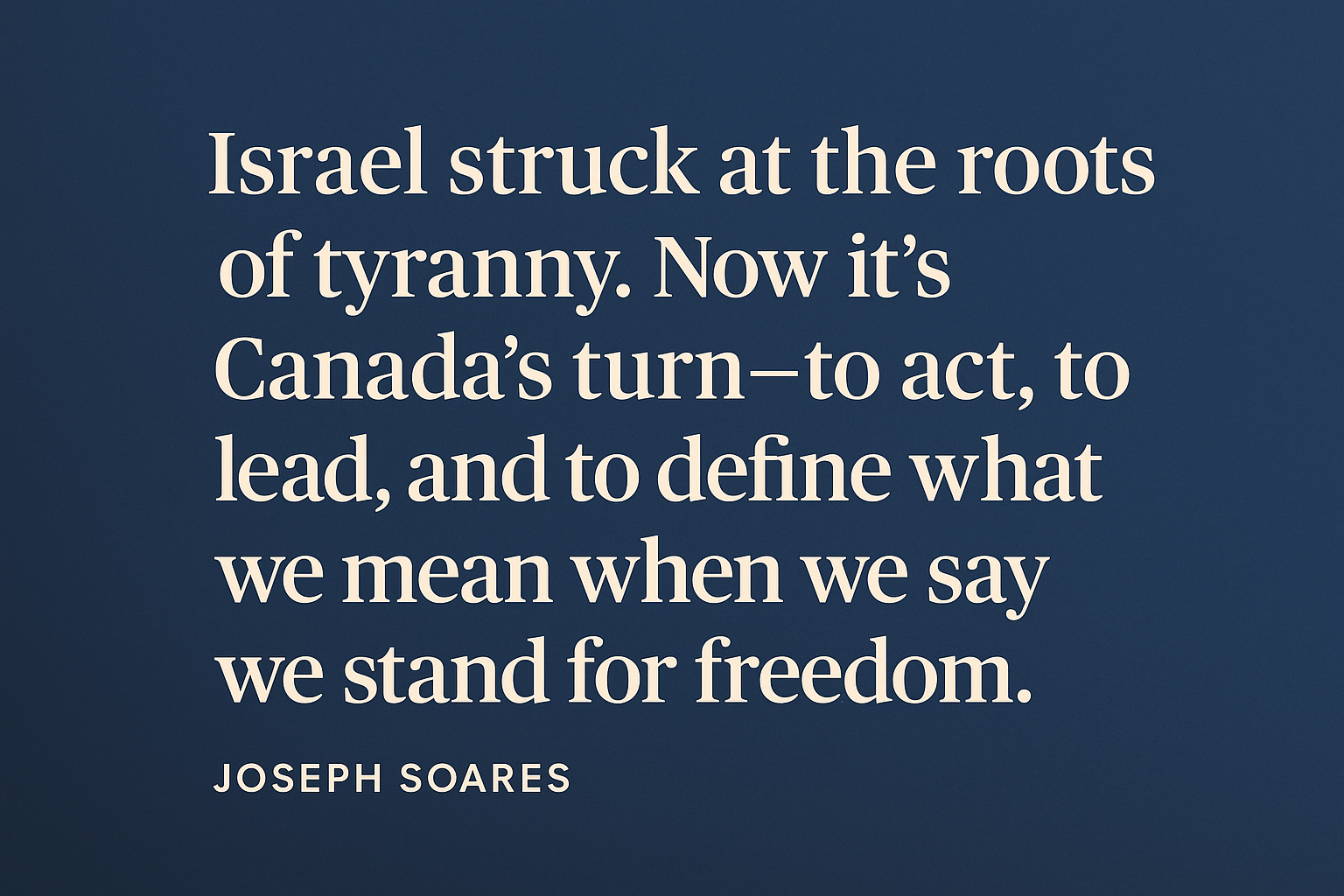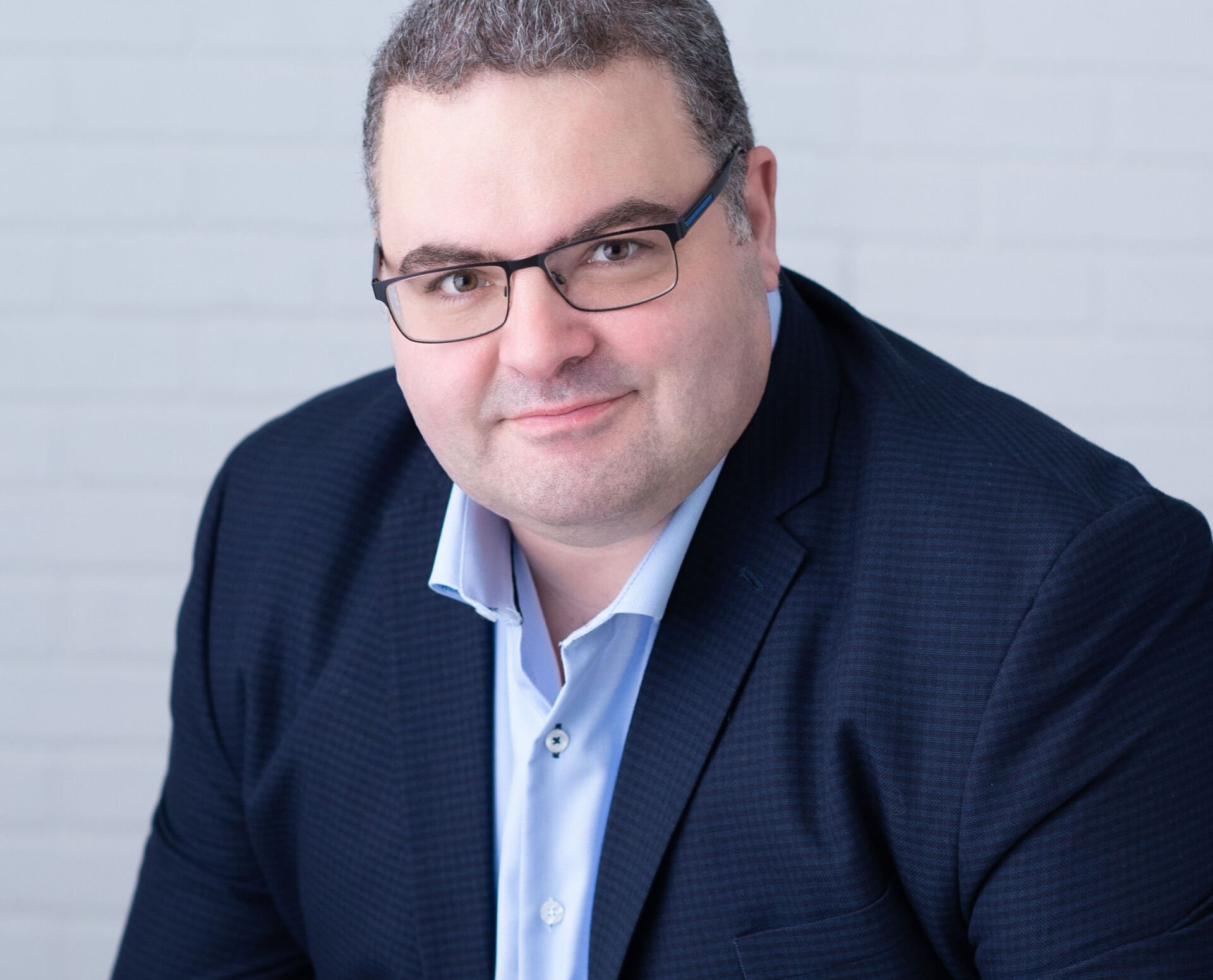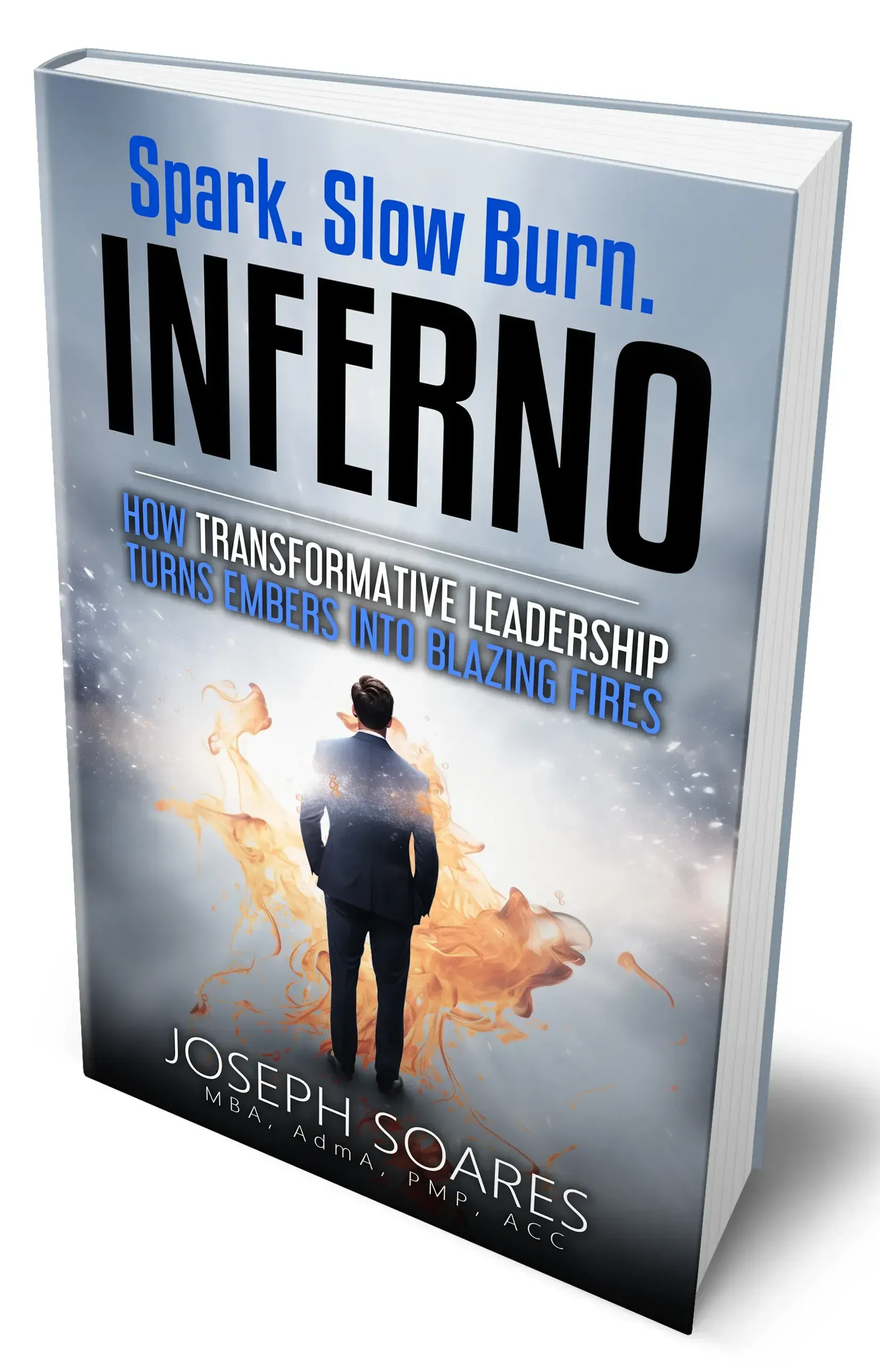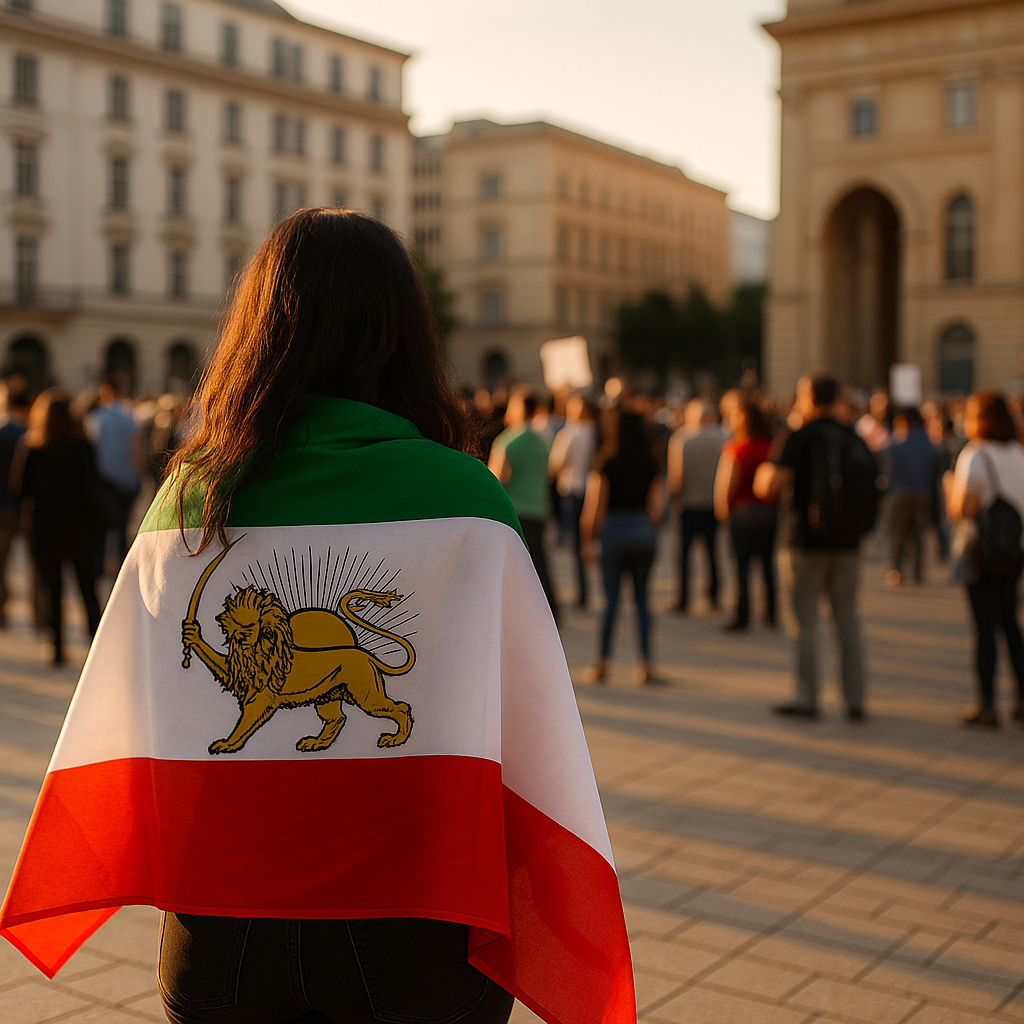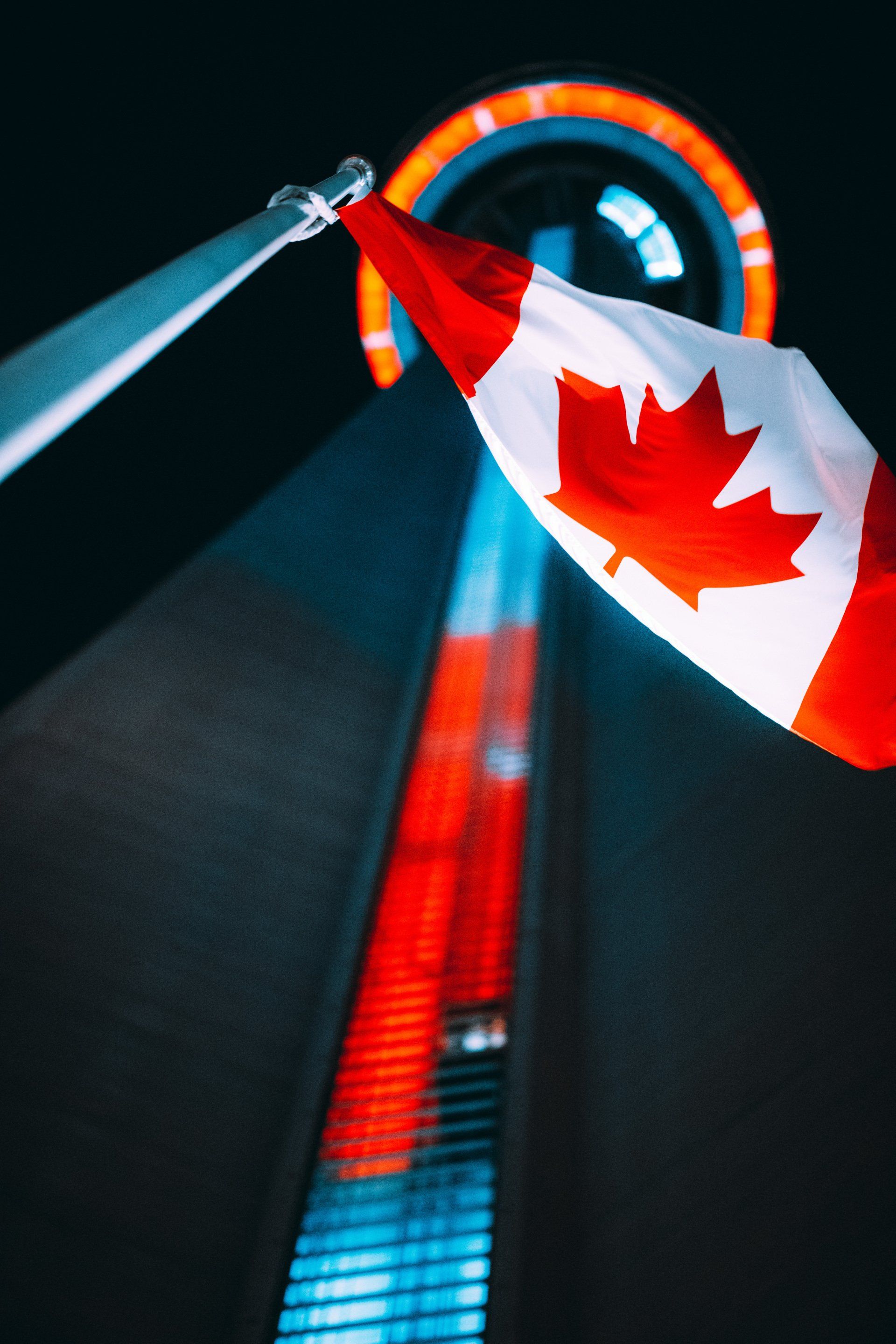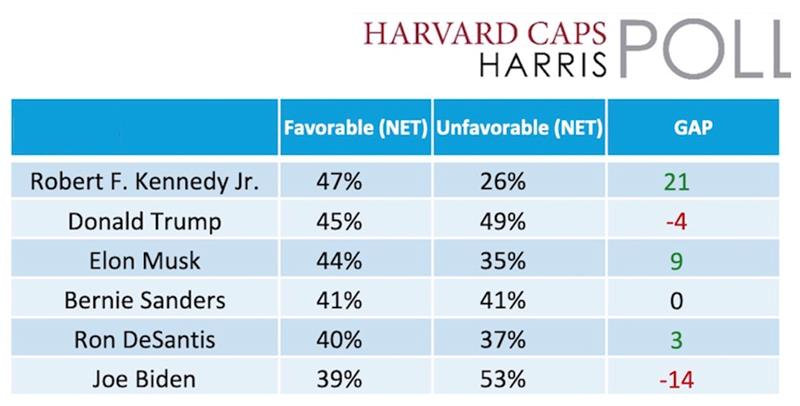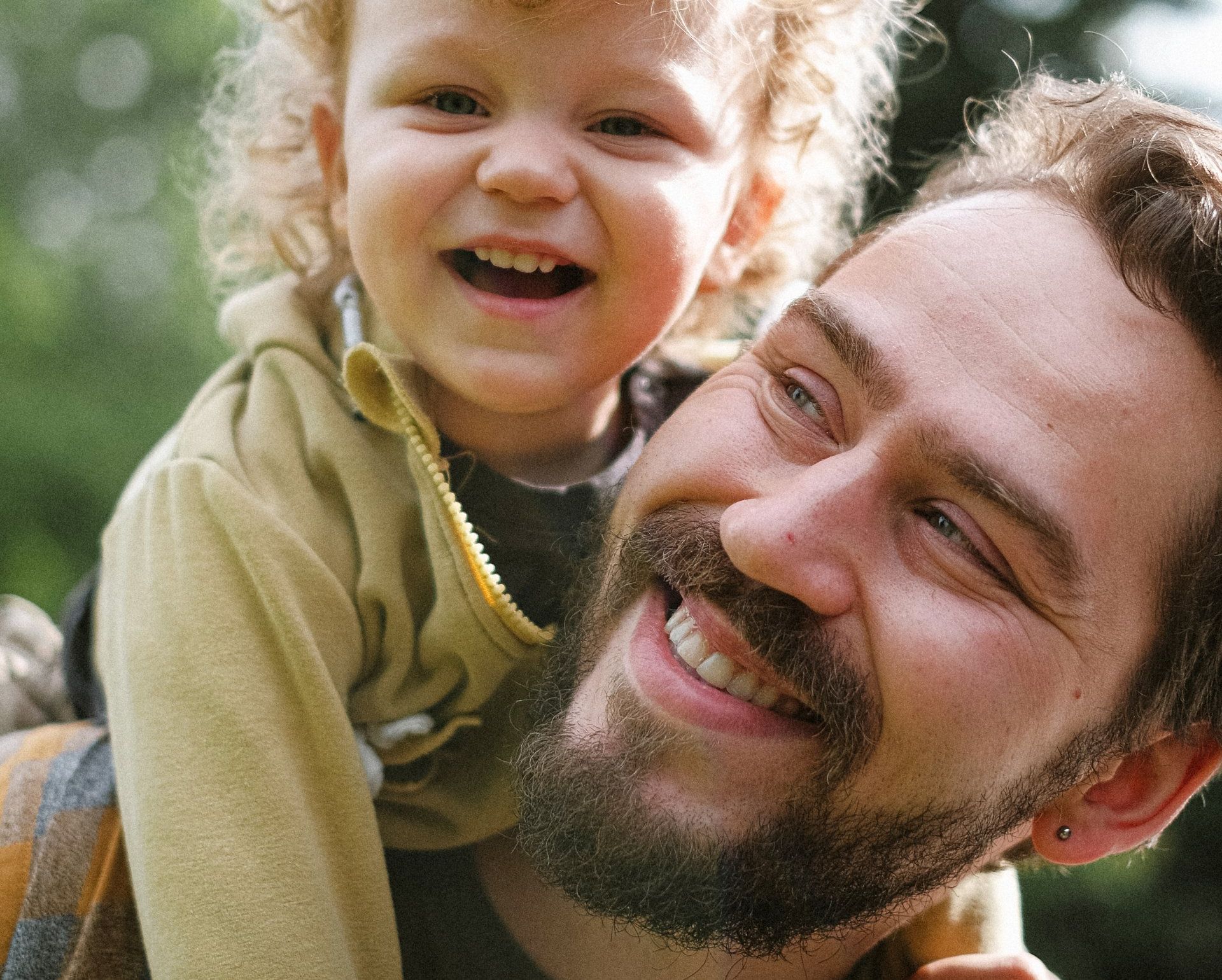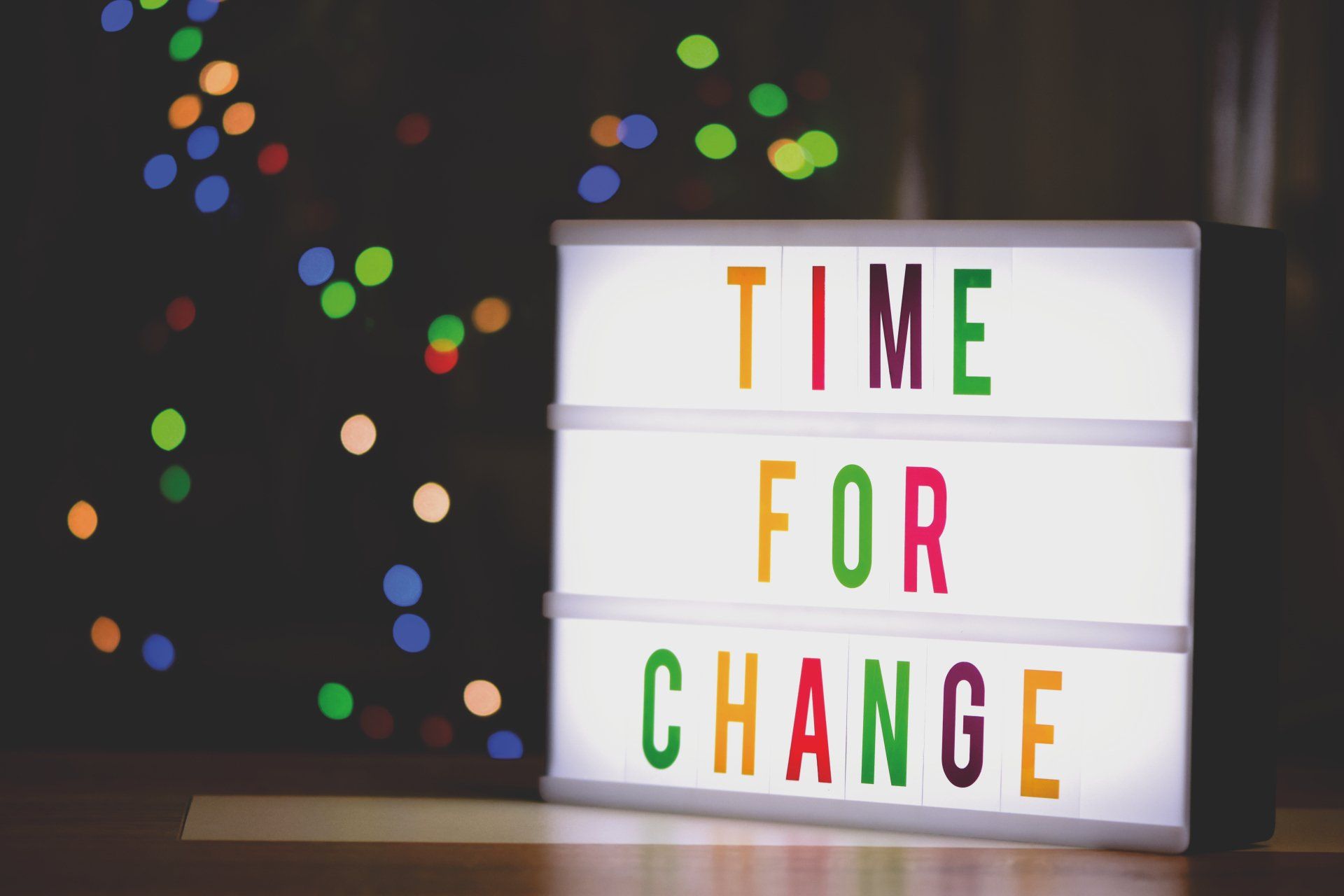Summary
A year ago, Canada took a bold and necessary step. We named the Islamic Revolutionary Guard Corps—known to the world as the IRGC—for what it is: a terrorist organization. For once, our policy caught up with our principles.
Now, in June 2025, Israel has done the same—but with action.
In a coordinated strike, it dismantled critical parts of Iran’s nuclear infrastructure and eliminated senior IRGC operatives. It wasn’t preemptive in the usual sense—it was survival in slow motion. This moment, tragic and clarifying, demands not another round of analysis, but a response rooted in doctrine.
This article is my attempt to shape that response—from the standpoint of a Canadian who believes freedom is more than a flag. It is a choice. And right now, it’s a choice that must be made loudly and without apology.
I. The Silence Before the Strike
We Canadians are often proud of our diplomacy, and rightly so. It’s served us well in a fractured world. But sometimes, silence is not prudence—it’s paralysis.
And paralysis, when it comes to totalitarian regimes chasing nuclear weapons, becomes complicity.
Israel acted on June 12 not because it wanted to—but because it was forced to. After years of warnings, red lines, and empty chairs at negotiating tables, it did what democracies do when survival is not optional: it took responsibility.
That strike wasn’t just a military maneuver. It was a message. And while missiles fell in Iran, the echo of that message reached Ottawa, London, Washington, and beyond: What will you do now?
II. Israel: Not Perfect, But Free
Let’s get something out of the way: no country is perfect. Israel, like Canada or any democracy, is flawed. It wrestles with its own contradictions, its own injustices. But here’s the difference: it’s free to do so.
Israel holds elections that change governments. It tolerates a media that bites. It has courts that strike down policies, and protest movements that bring cities to a halt. Its Arab citizens vote. Its LGBTQ citizens march. Its women lead. Its enemies, however, offer none of the above.
In a region dominated by regimes where dissent can get you disappeared, Israel stands out not just for its military strength—but for its ability to question itself.
That is what makes it a democracy worth defending.
III. June 12 Wasn’t War. It Was a Reckoning.
The reports are clear. Israel didn’t bomb randomly. It hit hardened, high-level targets: nuclear scientists, missile labs, IRGC command hubs.
These weren’t gestures. They were the surgical undoing of decades of menace.
Critics will say it was escalation.
That it puts the region at risk. But ask yourself: risk compared to what?
Risk compared to a nuclear Iran?
Risk compared to decades more of smuggled rockets in Lebanese pine crates and Gaza school basements?
Israel’s action didn’t provoke a crisis. It ended a delusion. And for that, it deserves more than understanding. It deserves solidarity.
IV. Gaza and the West Bank: The Freedom Test No One Talks About
Every time this conversation surfaces, someone inevitably asks: What about the Palestinians?
It's a fair question. So here’s a fair answer:
The Palestinian people deserve better—much better. But not just from Israel. They deserve better from
their own leaders.
From Hamas, which turns aid into rockets.
From the Palestinian Authority, which turns foreign funding into kleptocracy.
From global institutions, which turn a blind eye to incitement and child martyrdom videos on state-run TV.
If Canada truly wants to support Palestinian dignity, we must stop pretending their freedom will come through slogans or flags. It will come through civil reform, honest governance, and a rejection of those who trade blood for politics.
Freedom is not about land alone. It’s about law, liberty, and life.
V. The IRGC: Canada Spoke Once. It Must Speak Again.
Let’s not forget:
we were early on this. In 2024, Canada joined a small group of nations that finally designated the IRGC as the terrorist body it is. But naming something is not the same as dealing with it.
What has followed? A few asset freezes. Some press releases. Limited immigration action. But the IRGC, and the regime behind it, keeps breathing because it feeds on hesitation.
If we meant what we said, then now is the time to prove it.
- Freeze every Canadian-linked asset tied to the IRGC’s business empire.
- Dismantle influence networks masquerading as “cultural outreach.”
- Elevate Iranian dissident voices on Canadian platforms.
- Push our allies to treat the IRGC as the common threat it truly is.
And above all: stop pretending the regime in Tehran is a potential partner. It is not. It is an enemy of its own people, and ours.
VI. The Iranian People Want Out. Are We Listening?
There are no chants in Tehran for more centrifuges.
There are no protests demanding more Hezbollah rockets.
The Iranian people want one thing: freedom. Not American-style. Not Western-imposed. Just their own version of dignity.
“Women, life, freedom.” It’s not a slogan. It’s a whispered revolution.
Canada should be at the front of that. We should fund Persian-language media, create diplomatic safe lanes for dissidents, and refuse to normalize a regime whose parliament burns our flag.
This is not regime change through missiles. It’s pressure through principle.
VII. The Maple Doctrine
Canada’s Role in the Age of Democratic Clarity
If all this sounds ambitious, that’s the point.
Foreign policy isn’t just trade deals and summits.
It’s a moral compass expressed through action.
So here’s what I propose. A simple, five-part Canadian foreign policy frame.
Call it
The Maple Doctrine.
The Five Tenets of the Maple Doctrine
- Freedom Over Neutrality
We must take sides—and always with liberty. - Support Democracies First
No false equivalence between Israel and its attackers. - Sovereignty Requires Strength
Survival is a prerequisite for dialogue. - Back People, Not Regimes
Palestinians ≠ Hamas. Iranians ≠ Khamenei. - Clarity Over Delay
Waiting emboldens the worst actors. Acting inspires the best.
This isn’t hawkish. It’s honest.
It isn’t ideological. It’s constitutional.
It’s what happens when we stop outsourcing our conscience to “complexity.”
“We don’t need missiles to matter. We need clarity—and the courage to stand still when the world wavers.
Next steps?
Canada has already said the IRGC is a terrorist entity.
Israel has already shown the cost of inaction.
The Iranian people are already risking their lives to break free.
Now the burden shifts to us.
To speak plainly.
To lead boldly.
And to remind the world that freedom, when defended, doesn’t need to shout—it just needs to act.
We don’t need missiles to matter. We need clarity. And the courage to stand still when the world wavers.


